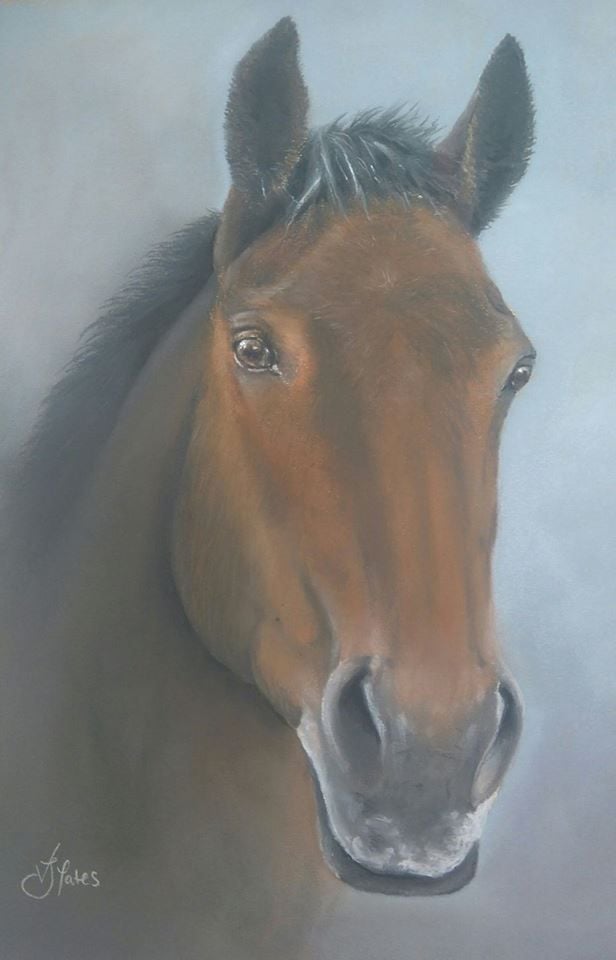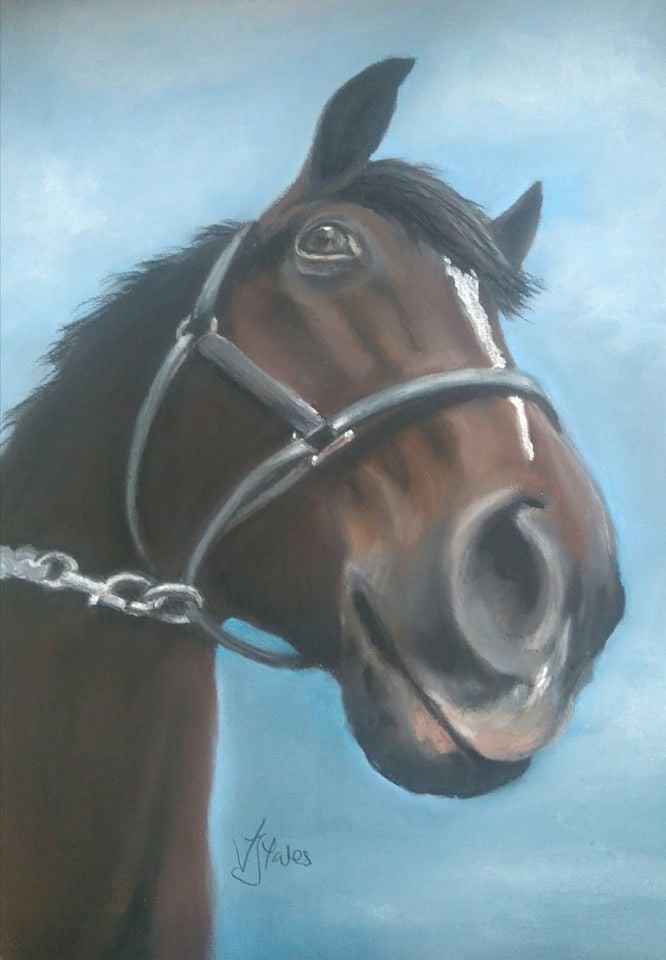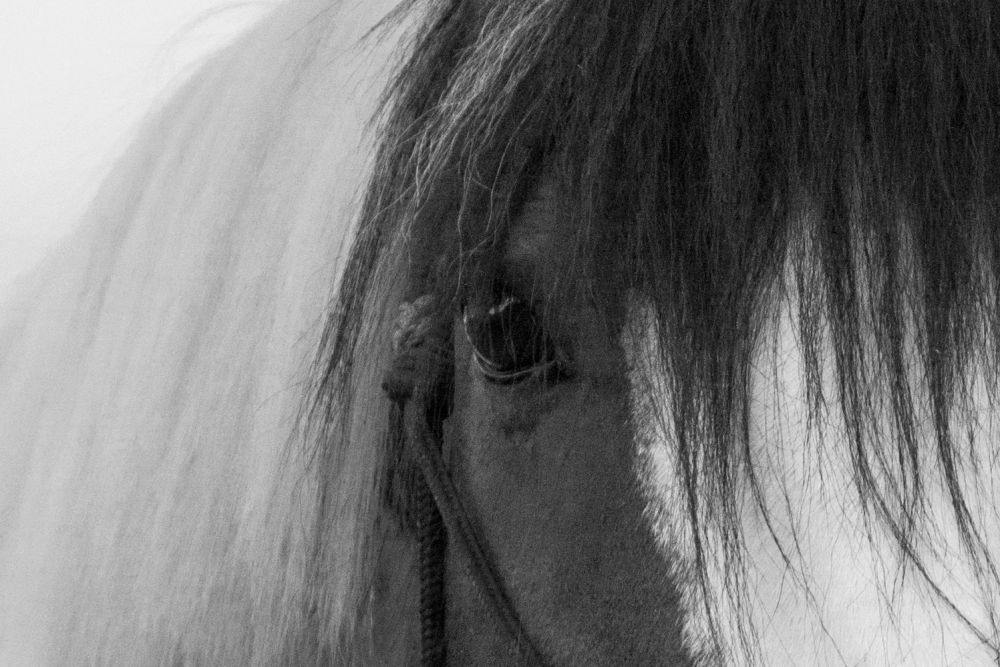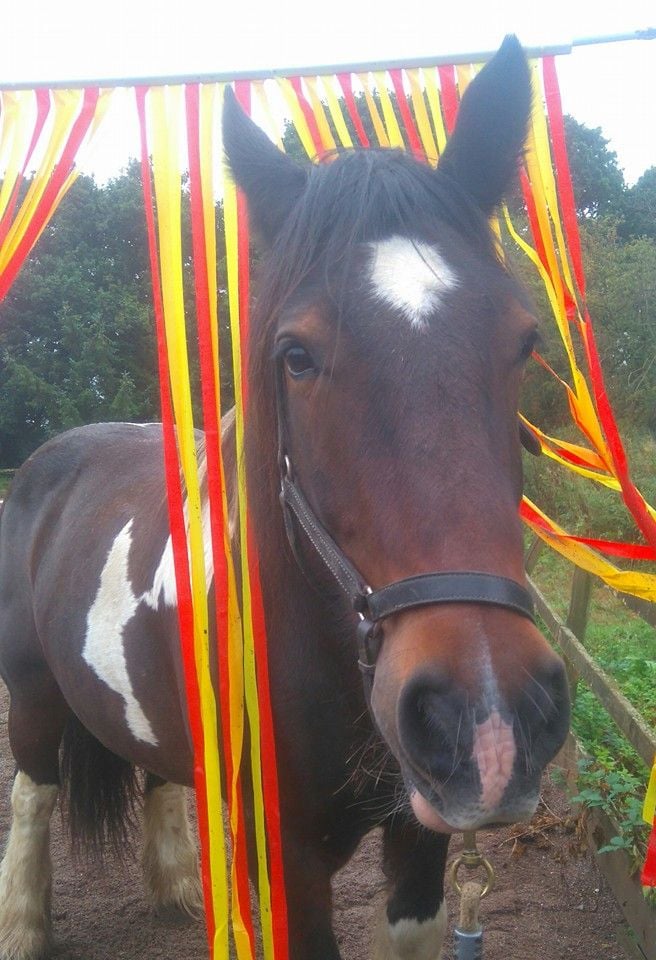Empathy and Equine Compassion
Posted on
Empathy is about caring for another, having a desire to help them, understanding and experiencing the emotions of another and knowing what another is thinking or feeling. Close empathy feels like a blurred line between one’s self and another. It is about the ability to put oneself into the mental shoes of another to understand their emotions and feelings. You need to have a certain amount of empathy before you can feel compassion. A main characteristic of compassion is wishing that others be free from suffering, a wish to be extended without limits to all living beings. A lack of compassion, by contrast, can result in cruelty.
This principle requires you to have an open mind, to see other view-points. You need an enquiring mind, ask the right questions, try to learn as much as you can from another view point. You need to learn to effectively listen to understand so let others do the talking and consider the information you are given. Merlot my once in a lifetime horse that I rescued from a very abusive home taught me to effectively listen. If I failed to listen and understand it only resulted in him responding with his established old patterns of behaviour. To change his behaviour I had to use empathy and compassion. To truly understand him I had to be able to walk miles as if in his hooves. Know how he viewed his world, what caused him concern and understand his emotional pain.
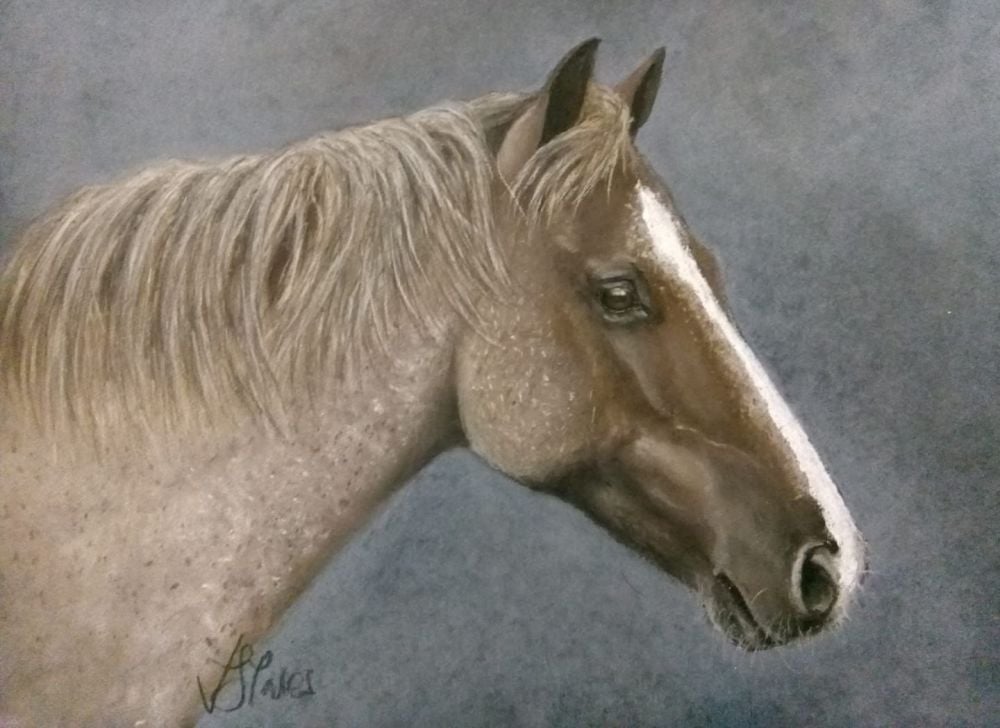
Empathy and compassion is a skill you can develop. In our fast paced world empathy and compassion is often in very short supply. We have all experienced feeling like we are just another number, the impersonal processing of our requests, and not being listened to. Many people live and work in relationships where there is very little empathy and compassion. Worse there is the damaging blame culture. So many of us know what it feels like to feel a lack of empathy and compassion. Sadly many horses suffer this fate when interacting with humans, many accept and work for their human and you can see in their eyes a resigned expression, the joy is not there. Some develop a learnt helplessness. Others horses fight against the injustice. These horses are often labelled as dangerous or naughty. Once a horse has a naughty label it can be slippery slope for harsh training methods, gadgets, or at worse punishment or abuse. These horses are the ones who need a compassionate caring owner to bring out their talents and for them to see a joy in a partnership with a human.
To become more effective with your horse why not practice empathy and compassion on everyone you meet? How compassionate are you? How often do you actively practice empathy? Think about how you interact with other people….How often do you find the need to cut across what someone is saying? Or finish their sentence for them? Have you fully and clearly understood what they are trying to say? Do you help people to open up and tell you what they need to say? Have you picked up on the other person’s non-verbal communication? What does their body language tell you about how they feel? How often have you really connected with another person so deeply that you can feel another’s pain, fear, joy, etc.
By developing this skill with our own species we start to understand the qualities we need to be more effective in communication before we add the dimension of developing equine compassion in which we have to learn the language of the herd. With horses we need to tune in to what they are saying and learn to listen to their communication. Horses communicate differently, it is mostly a silent language of intent, energy shift, breathing patterns, rhythm, body language and some is very subtle.
You can read for FREE my published article Telegraphing In.
Developing your equine compassion helps you to see the world from your horse’s perspective. Equine compassion is about taking the focus from yourself and imagining what it is like for your horse in his reality. Humans and horses live in separate realities. The way we see and interact with the world is very different to that of our horse. It is a question of understanding, respecting and honouring these differences. By understanding his reality you will know when he is in his comfort zone and see his fears, pains and frustrations. This in turn greatly helps you to help your horse.
Equine compassion is a skill you can learn. The first step is to have an understanding of horse nature, studying horses at pasture and how horses interact in a herd is time well spent. Along with gaining knowledge from experienced natural horsemanship practitioners is the back bone to developing equine compassion. However learning just the natural horsemanship techniques will not give you the full picture…the guiding principle to truly understanding the horse is to develop empathy and compassion. Start today and actively practice living your life with more empathy, compassion and understanding.
The next stage to using equine compassion is to use your knowledge of horse nature and natural horsemanship and add on intention, energy, eye contact, body language and finally touch. Horses respond very well to intention, as riders / handlers we often are not aware of how subtle intention clues can have a big impact on our horses. Horses evolved to read intentions of predators as their lives depended upon getting this right. Horses read our intentions. Are you aware of your intentions? Or how your intention can be influenced by your emotional state of mind and behavioural drivers? Until you are aware of your intentions you operate at a sub-conscious level and see the effect of your intentions in your horse’s behaviour. Start to develop self-awareness of your intentions when you are with your horse and observe their impacts. When you become more aware you can refine your communication with your horse.
